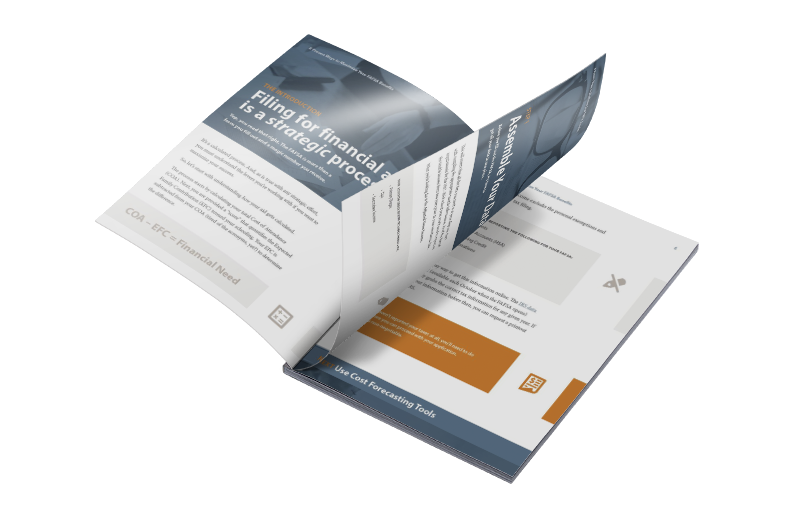Request Information
We're Sorry
There was an unexpected error with the form (your web browser was unable to retrieve some required data from our servers). This kind of error may occur if you have temporarily lost your internet connection. If you're able to verify that your internet connection is stable and the error persists, the Franklin University Help Desk is available to assist you at helpdesk@franklin.edu, 614.947.6682 (local), or 1.866.435.7006 (toll free).
Just a moment while we process your submission.

Returning to College? Position Yourself for Success
Skipping class is hardly an option if you’re an adult returning to college.
Chances are, you (or your employer) are paying your tuition, so you’ll want to make every class count. Even if that’s not the case, it’s quite likely that you’re extremely motivated to finish your degree so you can change or advance your career.
For you, excessive “extracurricular activities,” slacking off, or mismanaging your time are not even on the radar. College success, however, is.
Here are 7 secrets to position yourself for it:
1. Choose the right school, such as one with a continuing education program, online classes for adults or a degree program designed especially for working adults.
2. Seek resources and advice about scholarships and financial aid to help alleviate adult-size financial pressures.
3. Pursue your passion to help fuel you to the finish line. Post-graduation success comes, in part, from loving your work—which starts with loving your major.
4. Accept the tradeoffs that come with balancing job, family, school and life. Take on only what you deem to be most important; then let the other stuff go for now.
5. Study well by using proven tools and techniques such as flashcards, memorization, jotting notes in textbook margins or self-testing. Find a study method that works for you and stick with it.
6. Manage stress with exercise, eating right, proper rest and at least a little time spent on leisure activities.
7. Join in enthusiastically on team assignments and group projects. Use these and other opportunities to create small group connections for ongoing support and encouragement.





